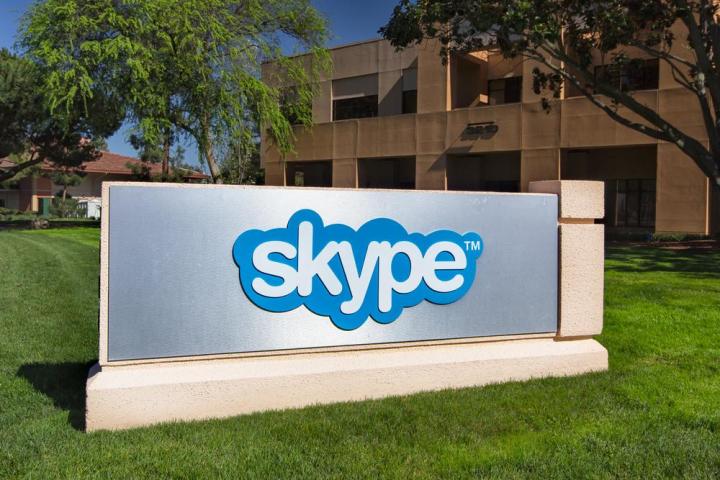
Skype for Web, if you’re unfamiliar, essentially mirrors the desktop Skype experience. It syncs your contacts and conversations, and notifies you of new incoming instant messages, audio, or video calls across browser windows.
Getting it up and running is simpler in theory than in practice, unfortunately. You’ll need to use one of the support web browsers, which at launch include Internet Explorer, Chrome, Safari, and Firefox, and install a browser plug-in. All other platforms (most notably Chrome OS) only support text-based messaging for now.
Thankfully, Microsoft’s already working to address those limitations. The Skype team’s building a Web Real-Time Communications (WebRTC) version of Skype for Web that’ll eliminate the plug-in requirement, Microsoft’s Jonathan Watson revealed in a blog post. And the web-baed client will expand to more countries in the coming weeks.
The transition to the Web might be interpreted as the incumbent Skype’s answer to platform-agnostic competitors like Google Hangouts, but Watson says its ultimately about convenience. “Skype for Web is perfect if you normally use Skype on your mobile, but want to quickly get to your calls and IMs on a bigger screen,” or if “you’re sitting at a Windows or Mac computer in an internet café or hotel that doesn’t already have Skype downloaded,” he writes.
The plug-in requirement makes using Skype for Web on the sorts of locked-down machines you find at public libraries and hotel business rooms a tough proposition, but given the rapidity of developments thus far, it’s a safe bet that a fully-featured web client isn’t too far off.
Editors' Recommendations
- Chinese hackers targeting critical U.S. infrastructure, Microsoft warns
- U.K. agency says Apple and Google are stifling user choice in their app stores
- Microsoft fails in effort to acquire TikTok’s U.S. operations
- U.K., U.S. say Russian hackers are trying to steal coronavirus research
- Deepfake videos of U.K. leaders set chilling precedent for 2020 U.S. election

